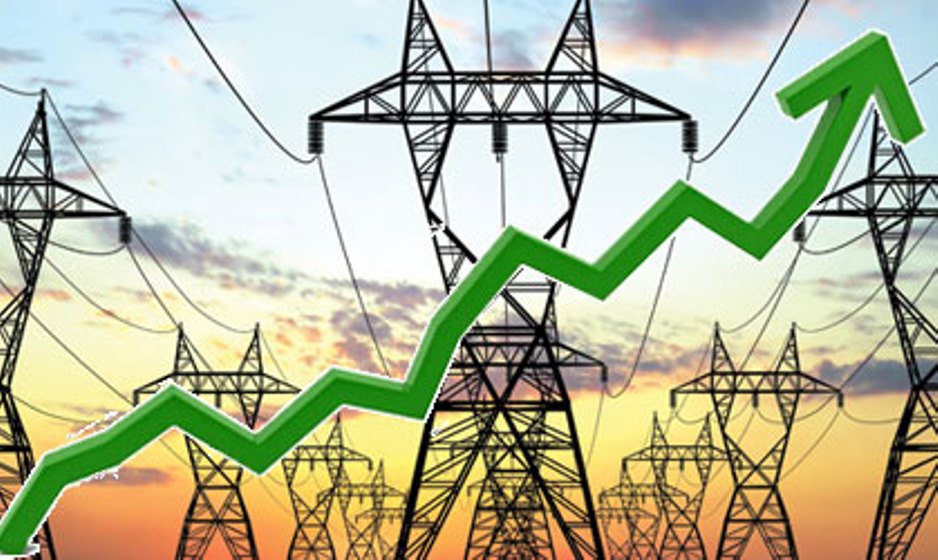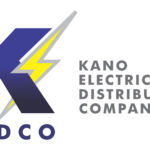With the imminent increase in the price Nigerians will pay for electricity, experts have said the development will worsen the economic capability of the people as the new price will translate into improved services in the Nigerian Electricity Supply Industry (NESI).
Recall that the distribution companies recently alerted Nigerians on the need to stock their prepaid meters as a new price regime would be effected from July 1 due to the new exchange rate that has risen to N750 per dollar from N441 it was pegged under the previous Multi-Year Tariff Order (MYTO) approved by the Nigerian Electricity Regulation Commission (NERC).
Daily Trust reports that the last tariff review was done in January but with a slight increase.
The approved tariff for Abuja DisCo (AEDC) then for residential customers on Band A tariff rose slightly to N56.28 per kilowatt hour (kwh) to N56.43/kwh. The worst hit under AEDC was Band D residential customers (8-hour daily supply) with nearly N10 increase from N33.20 to N42.88/kwh. The Band E (five-hour daily supply) increased by N5/kwh. Some other categories rose between N1 and N5/kwh.
- Sexual abuse of minors, female migrants increasing in A/Ibom — NIS
- Stakeholders urge FG to prioritise universal health coverage, reforms
In a statement, the DisCos said “Effective July 1st 2023, please be informed that there will be an upward review to the electricity tariff influenced by the fluctuating exchange rate.
“Under the MYTO 2022 guidelines, the previously set exchange rate of N441/$1 may now be revised to approximately N750/$1 which will have an impact on the tariffs associated with your electricity consumption.
“For customers within bands B and C, with supply hours ranging from 12 to 16 per day, the new base tariff is expected to be N100 per kWh while Bands A with (20 hours and above) and B (16 to 20 hours) will experience comparatively higher tariffs.
“For customers with a prepaid meter, we encourage you to consider purchasing bulk energy units before the end of this month as this will allow you to take advantage of the current rates and potentially make savings before the new tariffs come into effect.
“For those on post-paid (estimated) billing, a significant increment is imminent in your monthly billing, starting from August.”
However, the Abuja Electricity Distribution Company (AEDC) yesterday urged its customers to disregard the planned tariff increase as no approval for such had been received.
In a statement, it said, “Be informed that no approval for such increments has been received. We regret any inconvenience.”
Speaking with Daily Trust, the president of Nigeria Consumer Protection Network, Kunle Kola Olubiyo, said the new tariff will result to more hardship for Nigerians who are already feeling the heat of the policies of the new administration.
Olubiyo said taxing the citizens without any improvement in the electricity sector is not the way to go, adding that floating of the naira would make electricity tariff increase further.
“At the moment, Band C that presently goes for about N40 Kilowatts Hour (KWH) may be increased to about N100 KWH, while Band A that is presently at about N56 KWH may jerked up to about N150.
“What it means, technically speaking is that electricity tariff rate is now going to be floated and it will be market driven as naira/dollars exchange rates will now be subjected to a free market free falls with high exchange rate volatility.
“In the next few days, electricity tariff may go for between minimum baseline of N100 maximum threshold of N300 KWH.
“As sad as it is, this shall not translate into any significant improvement in reliable electricity supply nor translate into upscale in efficient service delivery, due to obsolescence of critical power grid infrastructure.”
He added that technical, commercial losses and poor culture of market remittances, grid constraints amongst others would still be a key challenge in the sector.
Nigerian goods won’t be able to compete in local, foreign markets – MAN
On his part, the director general, Manufacturers Association of Nigeria (MAN), Segun Ajayi-Kadir, said the new price would exacerbate the challenges manufacturers are facing in the country.
Kadir noted that local producers would not be able to compete with foreign goods with prices of goods set to increase.
He said already, N144.5bn was used to source for alternative energy in 2022 with absence of stable, effective and fairly priced electricity supply.
“The costs of production will soar. Already, we have power constituting between 28-40 per cent in the cost structure of manufacturing industries. This will in turn affect profit margins which will reduce as the tariff hike will erode the profit margin of the manufacturers and reduce their ability to expand operations and create new jobs.”
He noted that activities of small and medium-sized enterprises (SMEs) would paralyze with a reduction in the taxes and fees payable to the three tiers of government.
Tariff review needed for investors to recoup investments
However, an energy expert and Managing Director/CEO at New Hampshire Capital, Odion Omonfoman, said the price review is necessary for investors to recoup their investments.
Omonfoman stated that with the new economic reality in the country, it is either the government subsidized electricity or consumers paid or be deferred for future payment which would be more costly.
He said a non-increase in tariff could lead the DisCos to shut down operations as the environment is no longer profitable, or operate on reduced capacity.
He urged the Nigerian Labour Congress to sit with the federal government to negotiate on salary increases to increase the purchasing power of workers.

 Join Daily Trust WhatsApp Community For Quick Access To News and Happenings Around You.
Join Daily Trust WhatsApp Community For Quick Access To News and Happenings Around You.


